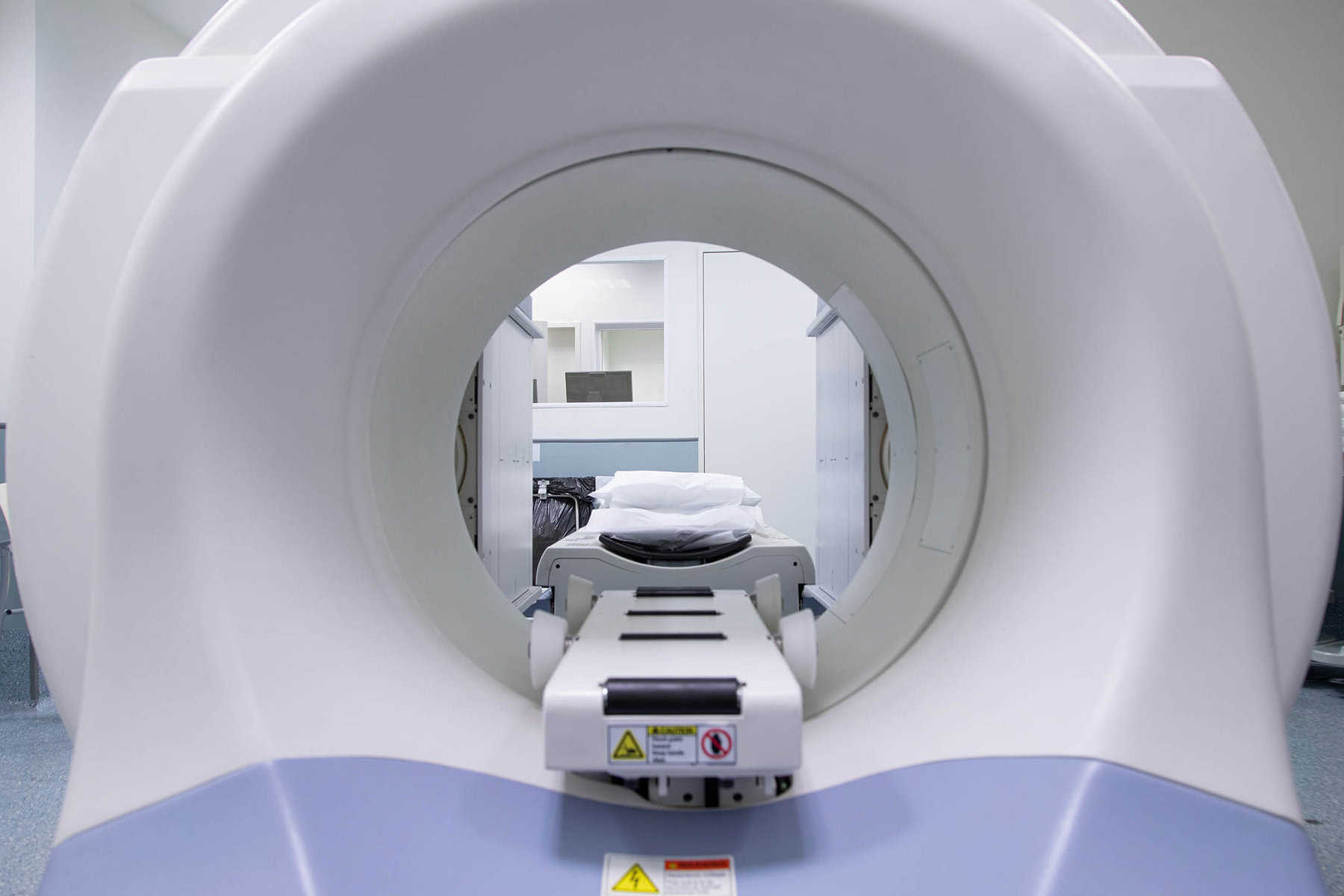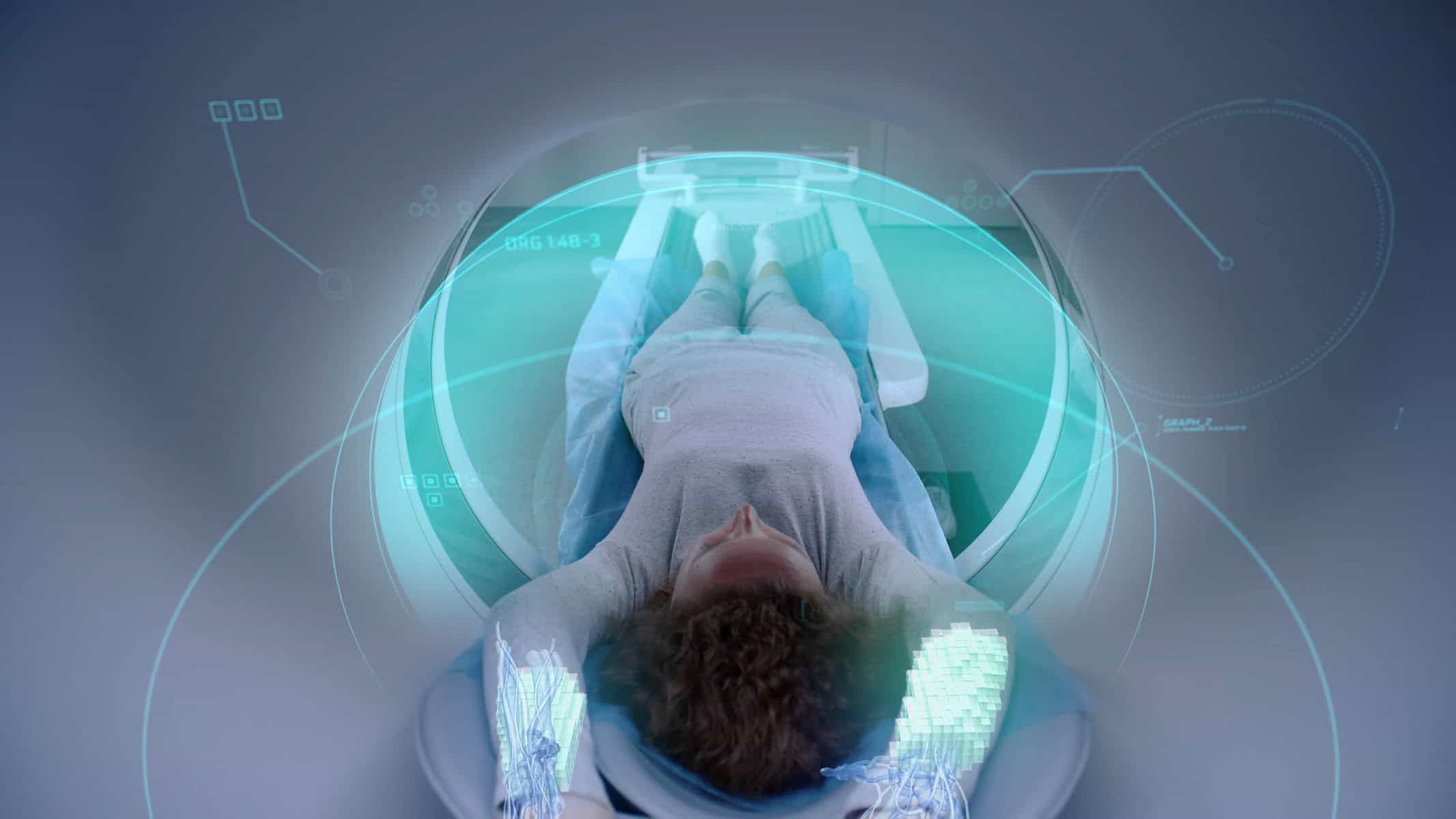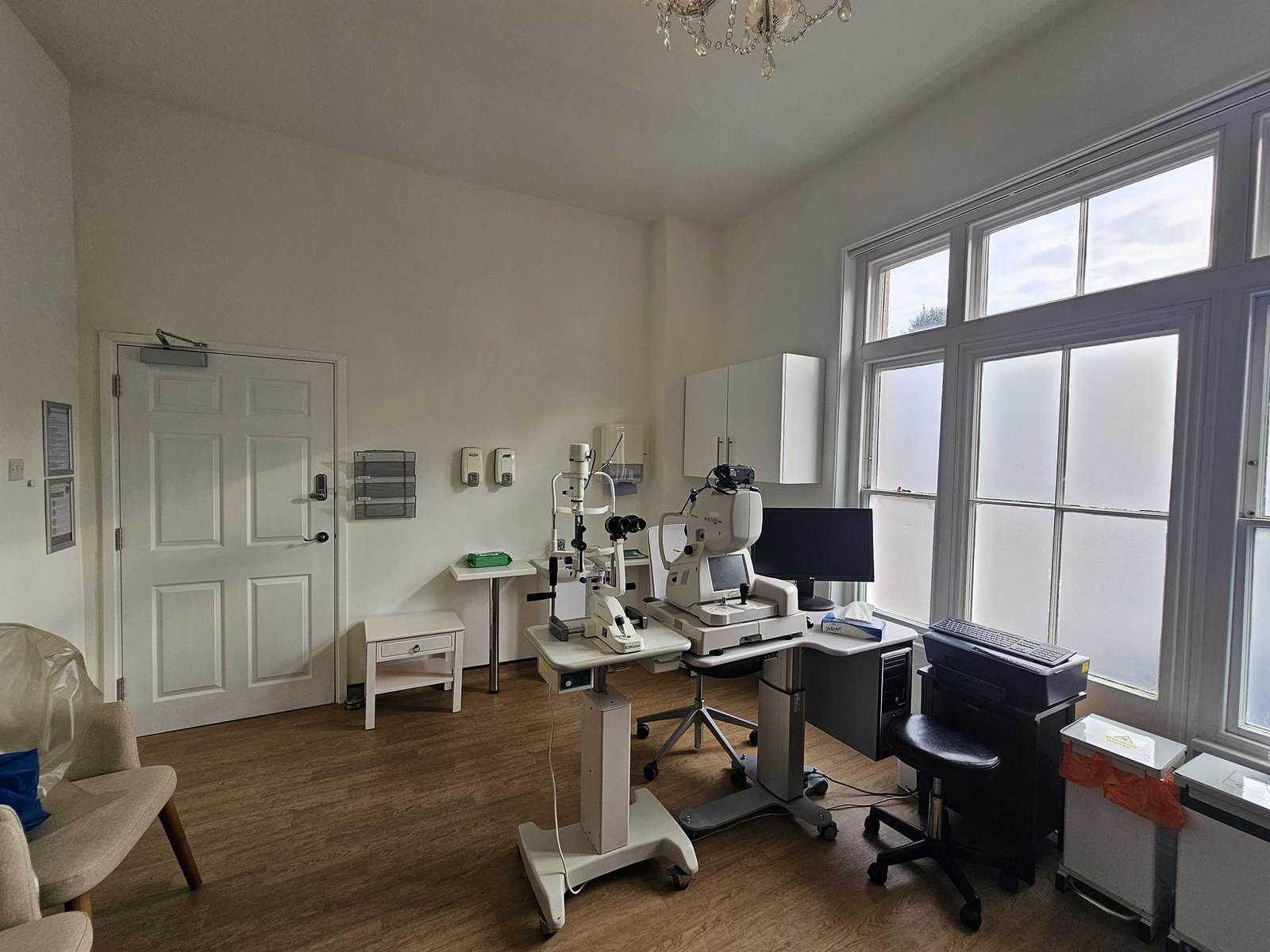Advanced CT Scanning
Ensure precise diagnosis with advanced CT scanning at The Forbury Clinic. Submit an enquiry for a consultation and explore our state-of-the-art CT scan services.

Introduction
Computed Tomography (CT) scans are a vital diagnostic tool that provide detailed cross-sectional images of the body, allowing for accurate diagnosis and treatment planning. This imaging technique is essential for identifying a wide range of conditions, from fractures and infections to cancers and vascular diseases. Addressing health concerns promptly with accurate CT scan diagnostics can lead to more effective treatments and improved outcomes. At The Forbury Clinic, we specialise in providing advanced CT scan services with a focus on patient comfort and precise results. Contact us today to learn more and schedule a consultation.


What is a CT Scan?
A Computed Tomography (CT) scan, also known as a CAT scan, is a medical imaging procedure that uses X-rays and computer technology to create detailed cross-sectional images of the body. These images provide more information than standard X-rays, allowing for the visualisation of bones, soft tissues, and blood vessels. CT scans are commonly used to diagnose conditions such as bone fractures, tumors, infections, blood clots, and internal bleeding. The clarity and detail provided by CT scans make them an invaluable tool for diagnosing a variety of medical conditions and planning appropriate treatments.
Causes and Risk Factors
While CT scans themselves are diagnostic tools, there are important considerations regarding their use:
Radiation Exposure:
CT scans involve exposure to ionising radiation, which carries a small risk of developing cancer over time. However, the diagnostic benefits often outweigh the risks.
Contrast Agents:
Some CT scans require the use of contrast agents to enhance image clarity. These agents can cause allergic reactions or kidney issues in some individuals.
Pregnancy:
CT scans are generally avoided during pregnancy due to the potential risk to the developing fetus from radiation exposure.
Previous Medical Conditions:
Conditions such as kidney disease or a history of allergic reactions to contrast agents can influence the decision to perform a CT scan.
Understanding these considerations ensures the safe and effective use of CT scans for diagnostic purposes.
Diagnosis
At The Forbury Clinic, CT scans are a critical tool for diagnosing a wide range of conditions. The process includes:
- Initial Consultation: Discussing your symptoms and medical history with a specialist to determine the need for a CT scan.
- Preparation: Providing instructions on how to prepare for the scan, including fasting if a contrast agent will be used.
- Imaging Procedure: You will lie on a table that slides into the CT scanner. The procedure typically lasts between 10 to 30 minutes. During the scan, it is important to remain still to ensure clear images.
- Image Analysis: A radiologist will analyse the CT scan images to identify any abnormalities or conditions.
- Reporting: Detailed reports are shared with your referring physician, who will discuss the findings and potential treatment options with you.
These steps ensure a thorough and accurate diagnostic process, aiding in effective treatment planning.

Treatment Options
While CT scans themselves are not treatments, they play a crucial role in guiding various treatment decisions. Based on CT scan findings, several treatment options may be considered:
Non-Surgical Treatments:
CT scans can help monitor the effectiveness of medications, physical therapy, and other non-invasive treatments for conditions like infections, inflammations, and lung diseases.
Surgical Planning:
Detailed CT images provide surgeons with critical information to plan and execute procedures with precision, especially for complex surgeries such as those involving the brain, spine, or cardiovascular system.
Cancer Treatment:
CT scans are essential for planning and monitoring cancer treatments, including radiation therapy, chemotherapy, and surgical interventions. They help in assessing the size, location, and progression of tumors.
Interventional Radiology:
CT-guided procedures, such as biopsies and drain placements, allow for precise targeting of abnormal tissues, improving the effectiveness and safety of these minimally invasive interventions.
Ongoing Monitoring:
Regular CT scans can track the progress of chronic conditions, such as chronic lung disease or inflammatory bowel disease, enabling timely adjustments to treatment plans.
At The Forbury Clinic, our comprehensive range of diagnostic imaging services supports a variety of treatment plans, ensuring the best possible outcomes for our patients.
Managing CT Scan
Effective management of CT scan procedures involves preparation, proper procedure protocols, and follow-up care. At The Forbury Clinic, we ensure that every step of the CT scan process is handled with the utmost care:
Patient Preparation:
Providing detailed instructions on how to prepare for your CT scan, including any dietary restrictions or need for contrast agents.
Comfort and Safety:
Ensuring patient comfort and safety during the CT scan procedure, addressing any concerns and using the lowest effective dose of radiation.
Timely Results:
Delivering prompt and accurate results to facilitate timely diagnosis and treatment.
Follow-Up Appointments:
Scheduling follow-up appointments to discuss results and plan the next steps in your care.
Education and Support:
Offering educational resources and support to help you understand your CT scan results and their implications for your health.
These management strategies ensure that diagnostic imaging at The Forbury Clinic is effective, efficient, and patient-centered.
Complications
While CT scans are generally safe and effective diagnostic tools, it is important to be aware of potential complications:
- Radiation Exposure: Although low, there is a risk of radiation exposure from CT scans. Our clinic ensures that the lowest possible dose is used to minimise this risk.
- Contrast Reactions: Some patients may have allergic reactions to contrast agents used during the CT scan. We are prepared to manage these reactions promptly and effectively.
- Claustrophobia: Some patients may experience discomfort due to the enclosed space. We offer support and techniques to help manage this anxiety.
Prognosis
The prognosis for patients undergoing CT scans at The Forbury Clinic is excellent. Our state-of-the-art technology and expert radiologists ensure accurate and timely diagnoses, leading to effective treatment plans and improved health outcomes.


Why Choose The Forbury Clinic?
Choosing The Forbury Clinic for your CT scan needs ensures you receive exceptional care from a team of experienced specialists. Our clinic is renowned for its expert medical staff who are dedicated to providing accurate and detailed CT imaging services. We use cutting-edge technology and the latest medical advancements to ensure precise and reliable results. Our patient-centered approach prioritises your comfort, privacy, and overall well-being, offering comprehensive support throughout the imaging process. At The Forbury Clinic, you can trust that you are in capable hands, with a dedicated team committed to helping you achieve optimal health and a better quality of life.
